
Even before 2020, you’ve done all of the right things to stay healthy. Your pantry and fridge are packed with healthy foods. You exercise regularly, and you spend time outside to ensure you can soak in the benefits of sunlight and oxygen. In the realm of the “new normal,” you’re practicing social distancing and regularly washing your hands and the surfaces in your home to keep everything germ free.
Down the road, when the emergency clears and vaccines become widely available, all of these good habits you are picking up now will serve you and your family well. However, there is one remedy for colds and flu rooted in your heritage that you may want to look into: Zhourat. Although recipes for this fruit and herbal tea vary by family and geographic origin (as demonstrated in a study comparing Lebanese, Syrian, Assyrian and Armenian variations conducted in 2014 at Universidad de Murcia and Universidad Miguel Hernandez in Spain), the ingredients in homemade versions are believed to add up to a superfood greater than the sum of its parts.
“A lack of fresh air and social contact affects our mood and physical condition, making us prone to various illnesses,” explains Christian Antonoff, a marketing manager for ExcelTemplate.net. “A warm cup of zhourat can alleviate many ailments. The mix can contain dried rose petals, rich in vitamin C, which aid in fighting colds, and Vitamin A, which helps in generating skin cells, healing scars and wounds, and making the skin more elastic. There is also marshmallow, which eases sore throats and dry cough and helps with indigestion, chamomile (for fevers and stomach ailments) and other components such as lemon, rosemary and thyme, depending on the recipe.”
Depending on whom you ask, zhourat can also help bolster memory, ease menstrual cramps and mitigate insomnia. While the drink is most effective and healing when served hot, it also can be enjoyed iced or adapted for children two years and older by adding a small amount of sugar and serving it mildly warm.
“While I have not seen any scientific studies that have proven that zhourat tea helps someone heal from an illness, there are several components of the tea including vitamin C and ginger that have been shown to have some health promoting properties,” notes Laura Krebs-Holm, an Austin, Texas-based registered nutritionist/dietitian and medical advisor for eMediHealth (check out her list of essential foods to stock during the lockdown at emedihealth.com/dietitian-foods-lockdown.html).
“Vitamin C can help bolster your immune system, and has been shown to prevent colds, bacterial infections and viruses. Ginger has been proven to help soothe an upset stomach, and chamomile, often included in zhourat, can help calm you down before bed as well as ease an upset stomach.”
Boxed zhourat blends are widely available in Syria and Lebanon, as well as some Middle Eastern markets in North America. However, according to the 2014 Universidad de Murcia and Universidad Miguel Hernandez study, store-bought versions made for the global market may lose something in translation. Thankfully, Antonov shares his home blend, which is easy to create and adds a dimension of freshness and flavor. From there, your can add lemon, lime, ginger and other fruits and botanicals to achieve your perfect flavor profile.
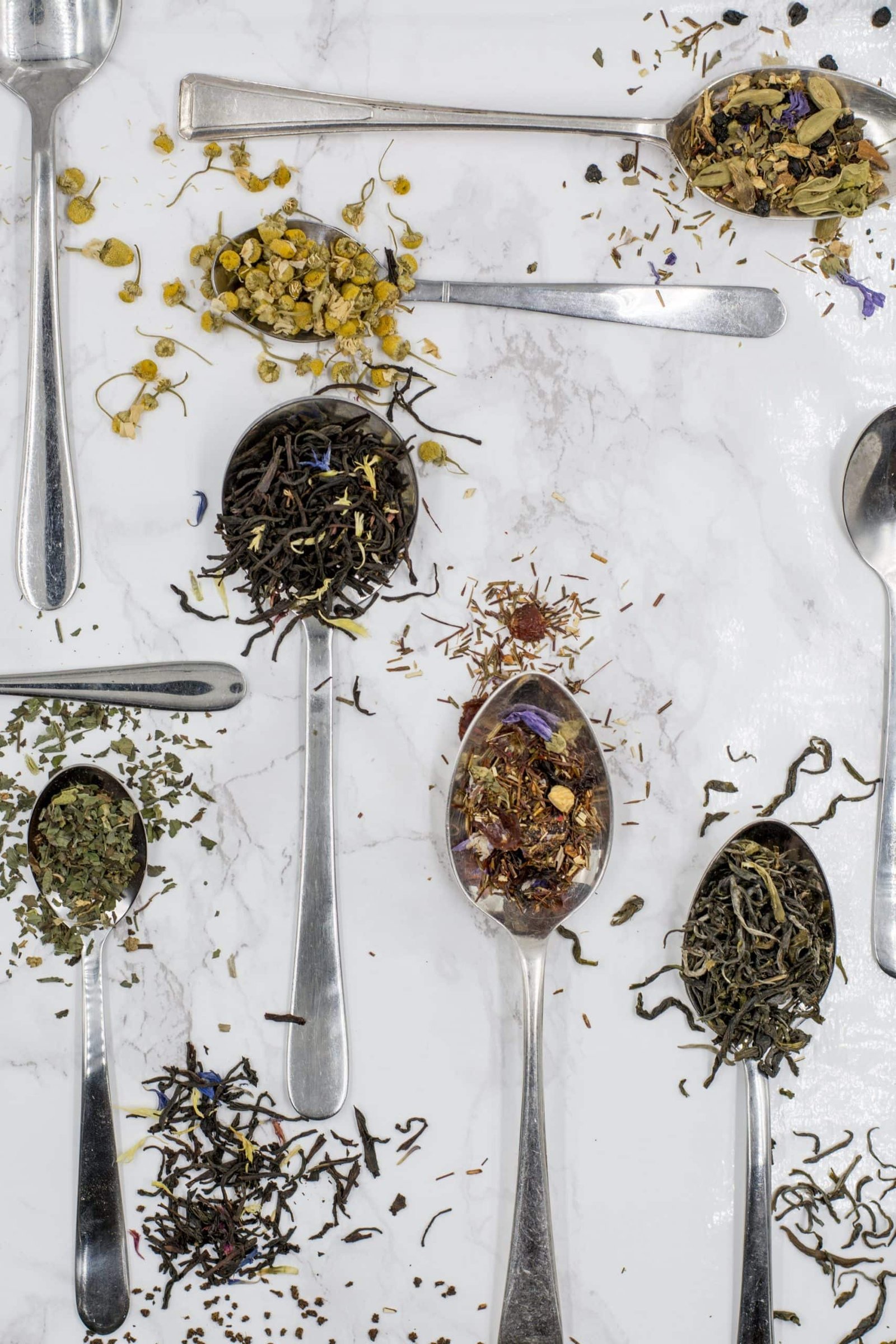
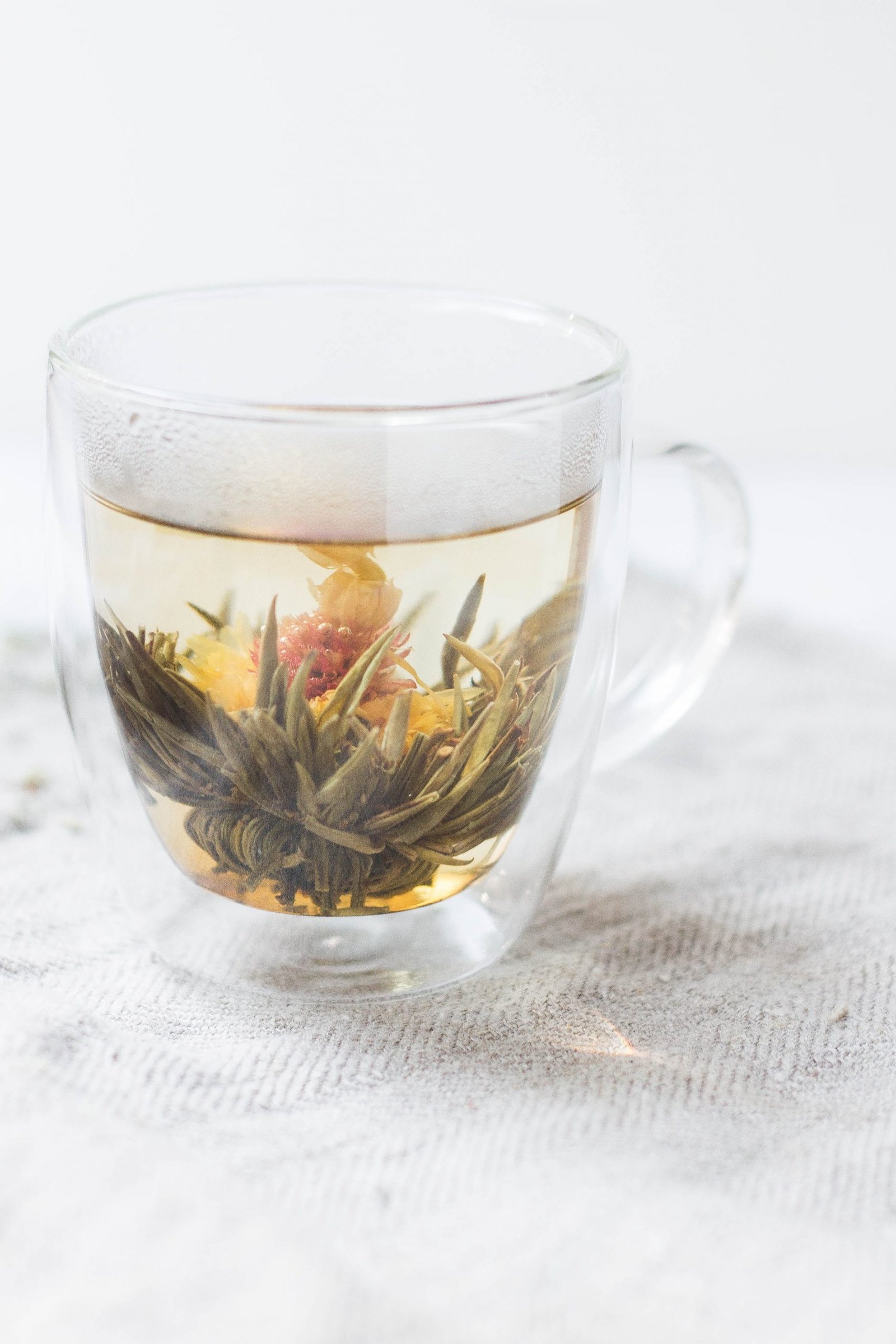
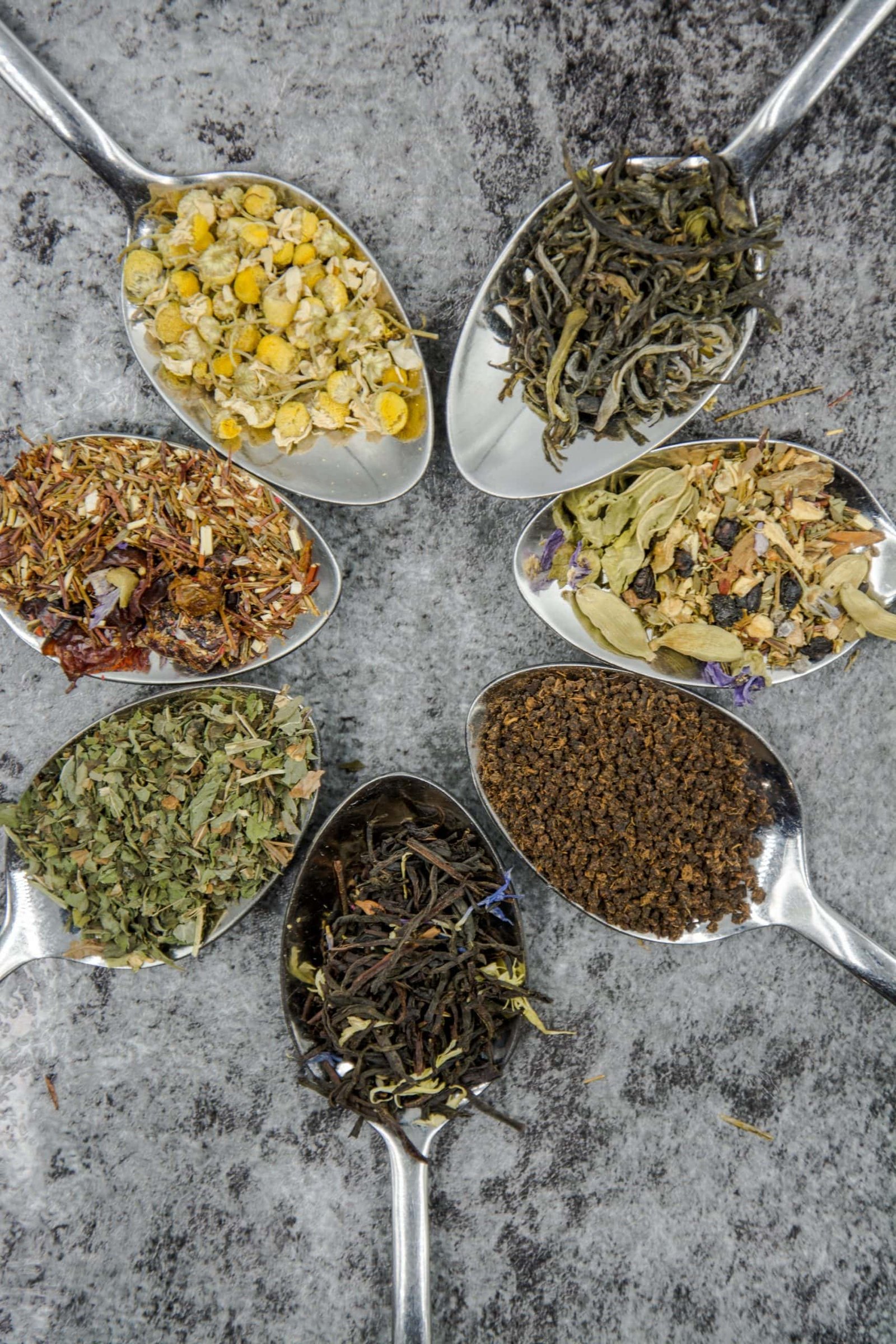
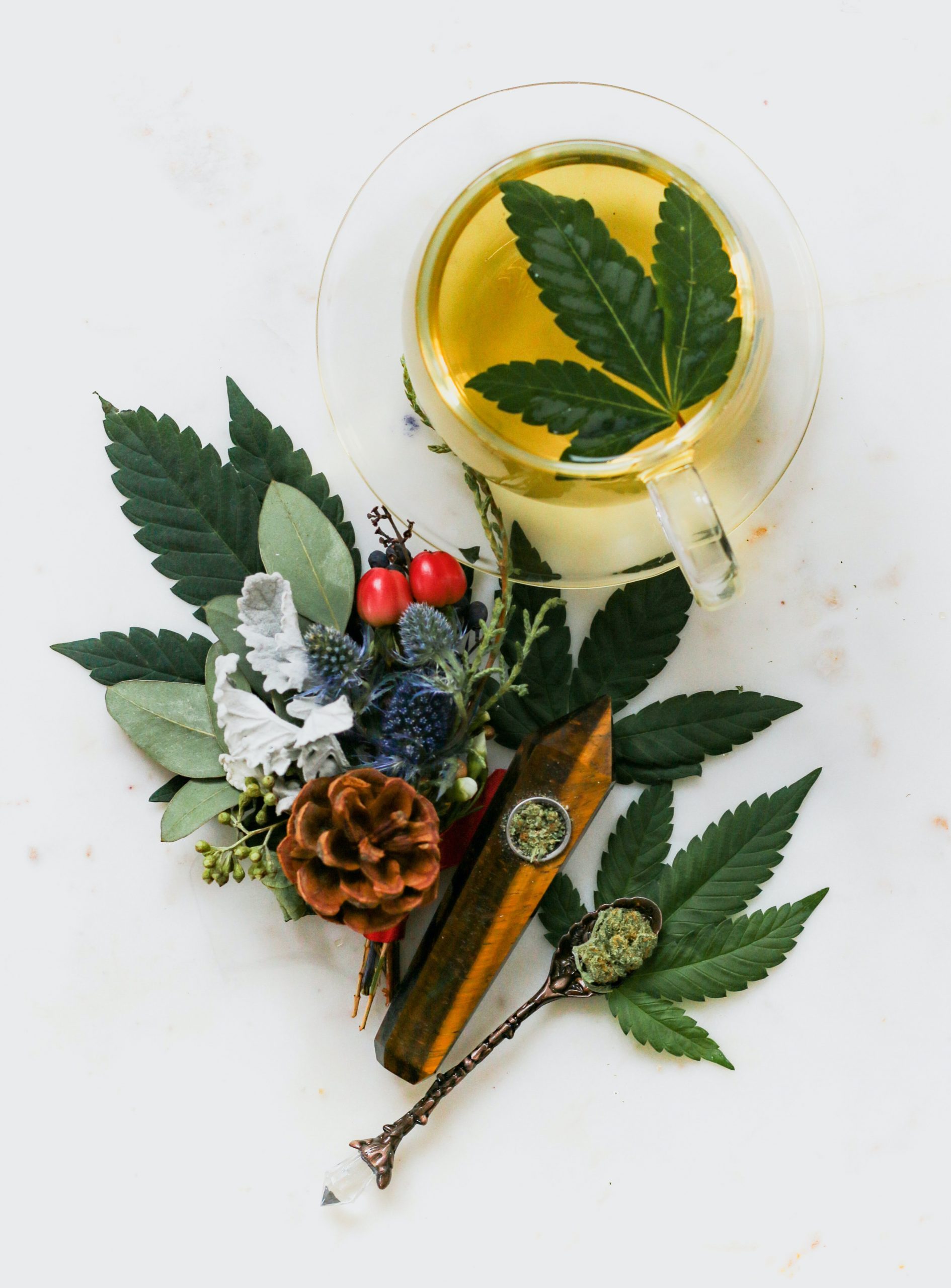
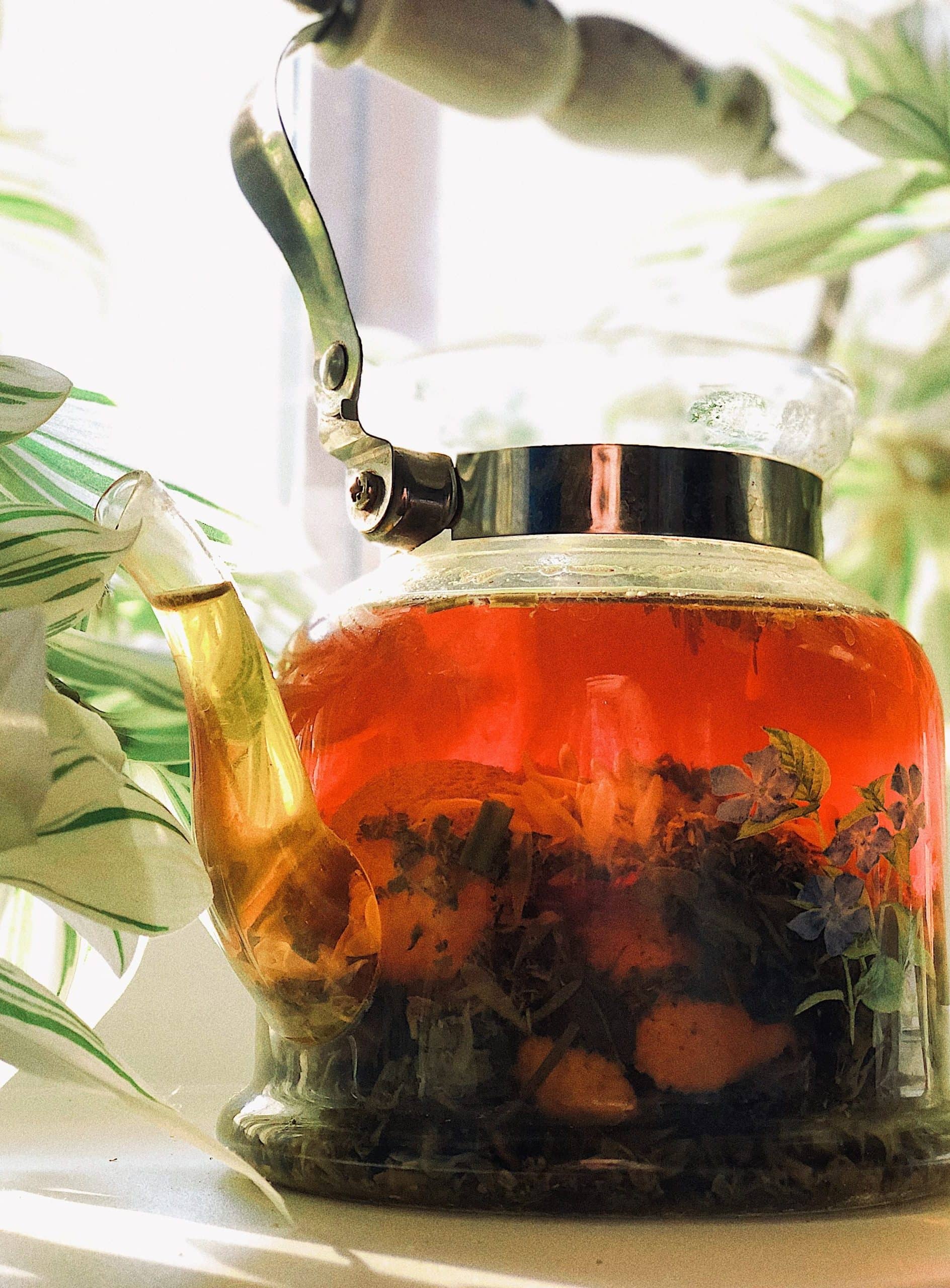
Photos from Unsplash, by Gaelle Marcel, Monika Grabowska, Kimzy Nanney, Alice Pasqual, Massimo Rinaldi, Daria Gudoshnikova and Drew Coffman
Christian Antonov’s Home Zourat Blend
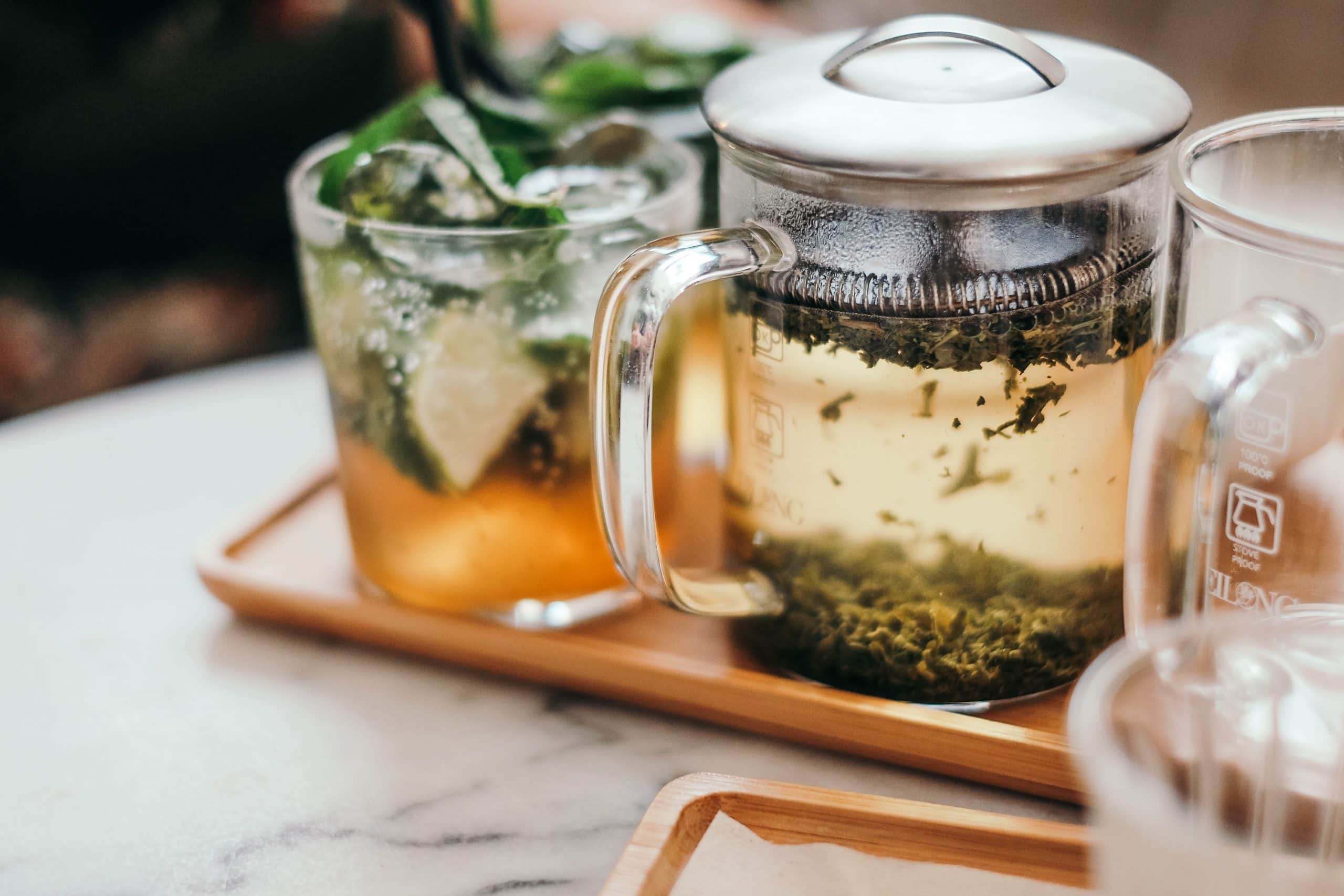
- Rose petals and hips-25%
- Chamomile-20%
- Rosemary-5%
- Thyme-5%.
- Lemon verbena-20%
- Marshmallow-25%
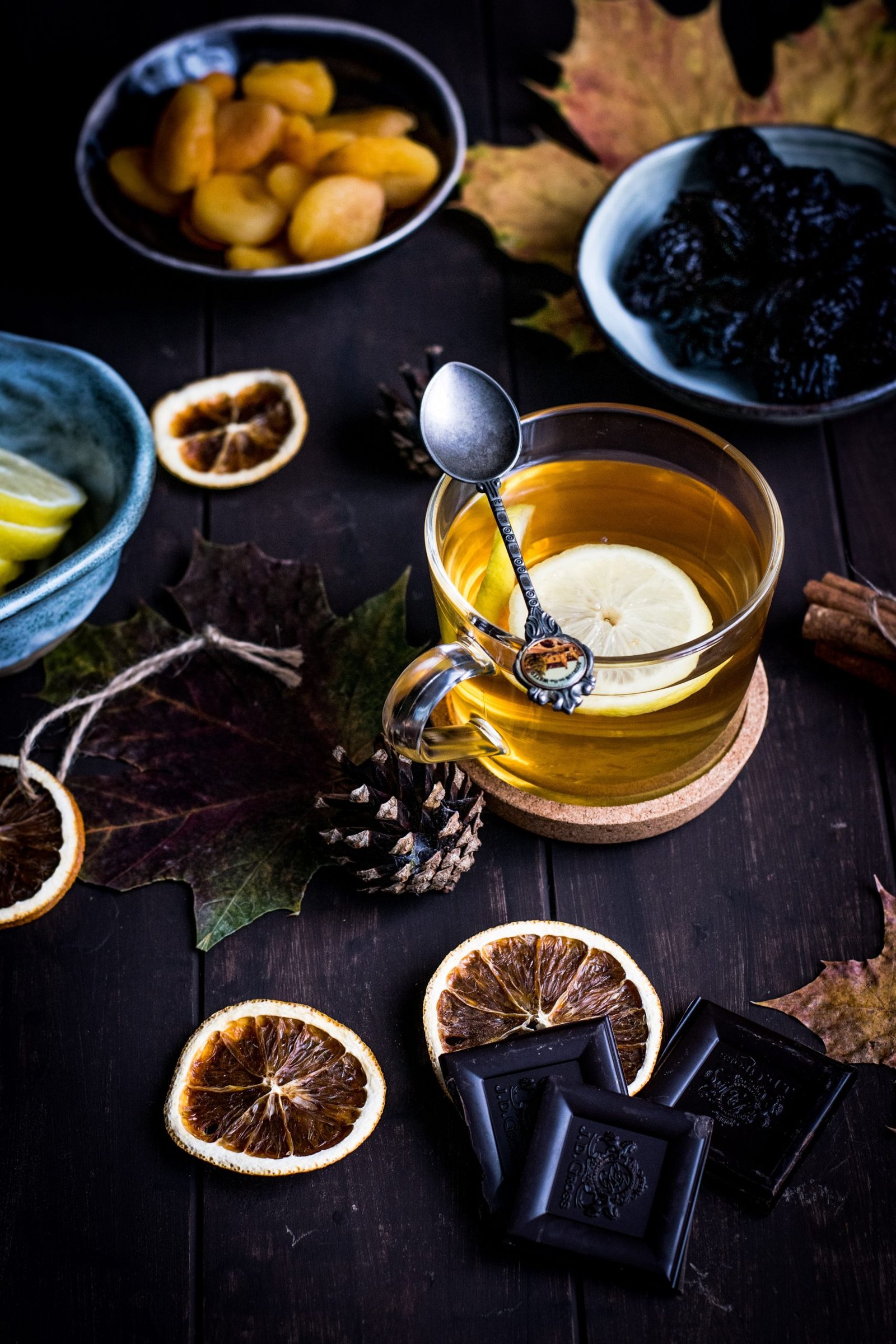
Bring 10 oz of water to boil in a teapot or kettle.
Turn the heat off after the water boils.
Add 2 to 3 heaping teaspoons of the blend and cover the lid.
Wait for 10 minutes to give time for the dry herbs to infuse in hot water.
Pour the tea into a cup and sweeten to taste, add fruit and anything else to get your desired taste.
Step 6:
To prepare cold, dispense the tea into a pitcher and add sweetener, citrus or and so on.




























